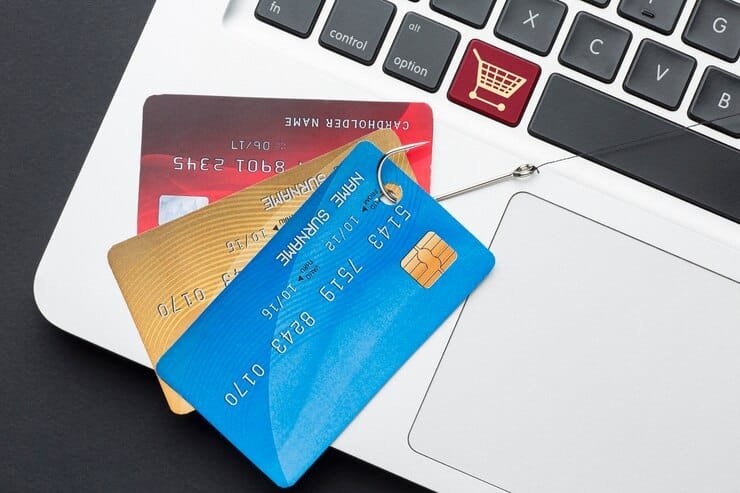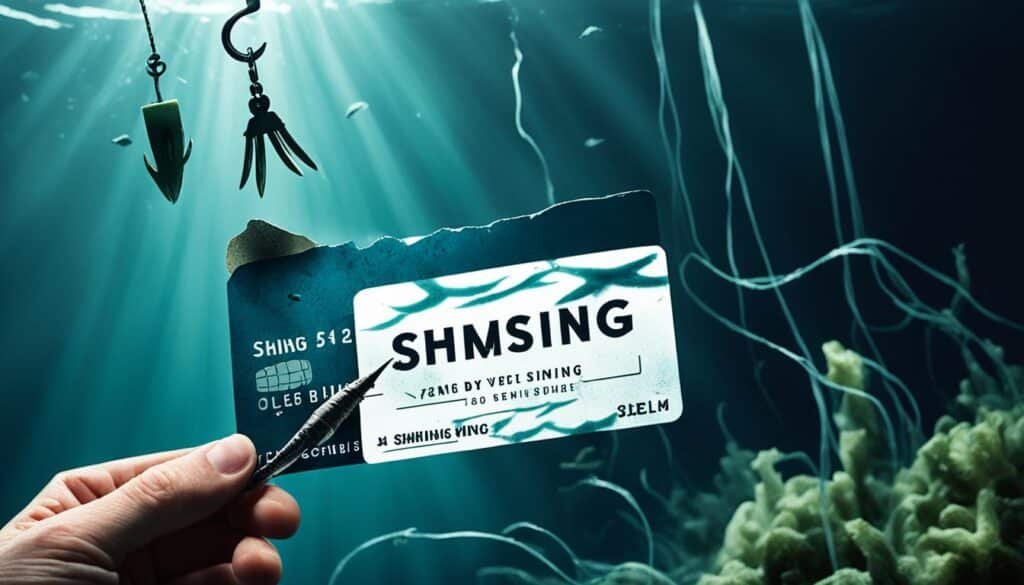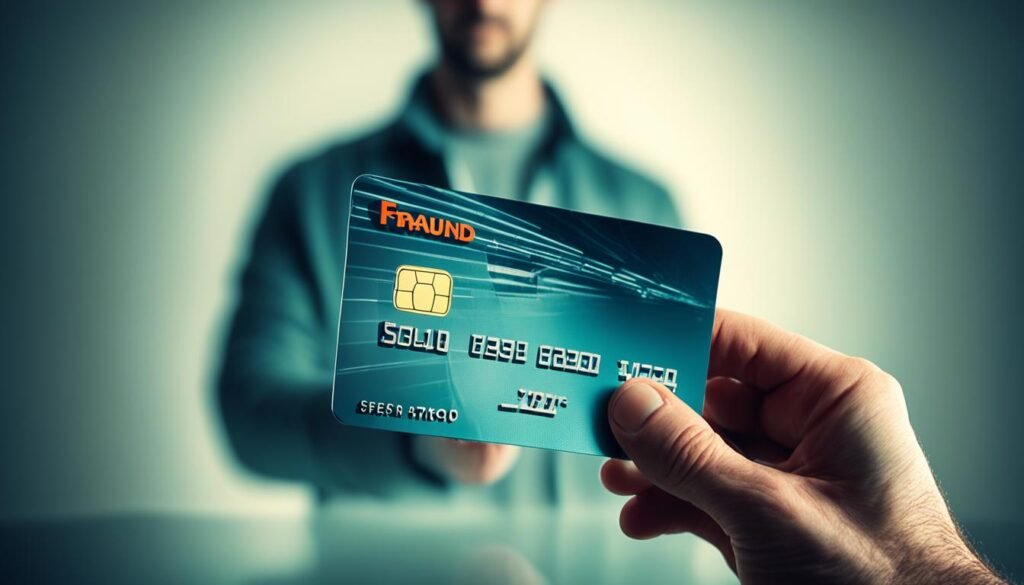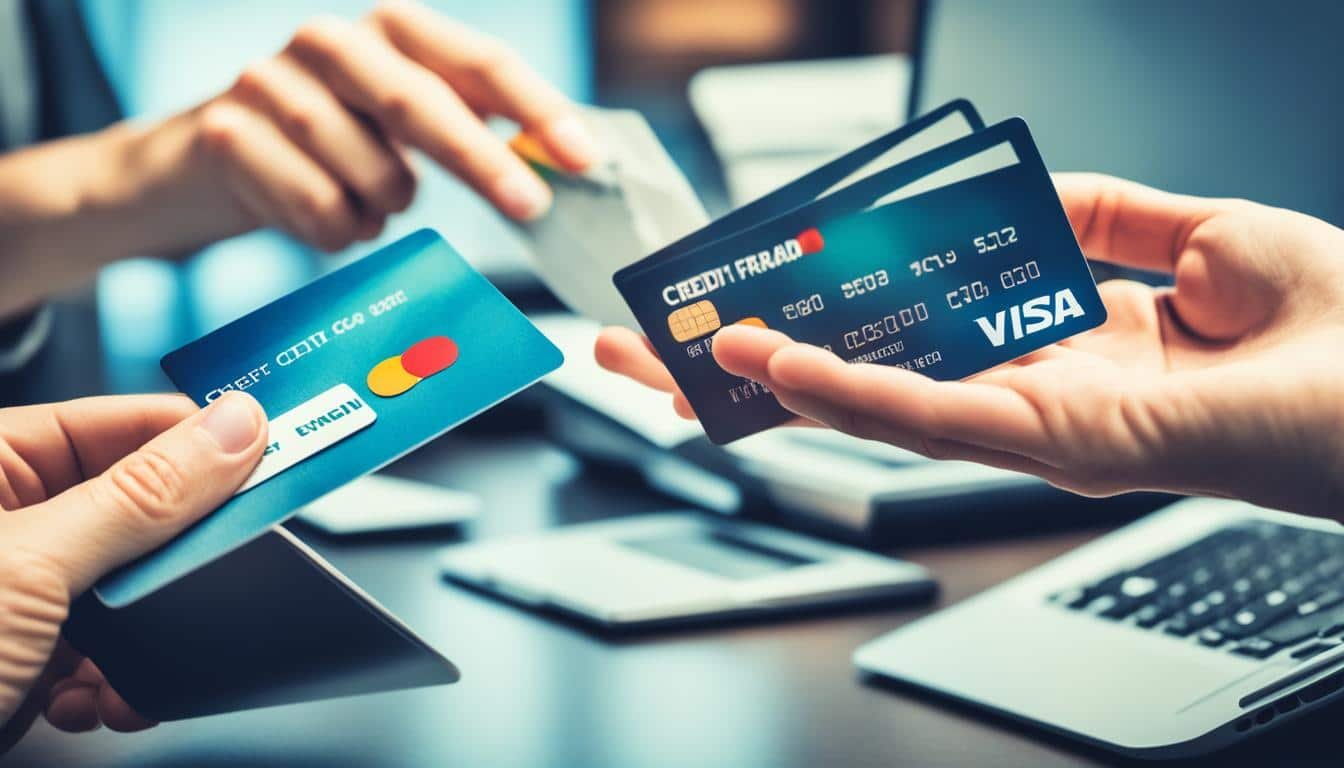What Are The Signs Of Credit Card Fraud And How Can I Protect Myself?
Credit card fraud is a serious issue. It happens when someone uses your credit card info without permission. They can make fake purchases or take money from your account. This hurts your finances and credit. There are many ways thieves can pull off this scam. These include making fake applications, stealing data with skimmers, using scams to get your info, and taking over your account.
To avoid falling victim, you should keep an eye on your accounts. Also, it’s smart to get alerts for suspicious activity. Stay away from shady websites and be sure to check your credit reports often. Taking these steps can keep you safe from the harm of credit card fraud.
Key Takeaways : Credit Card Fraud
- Credit card fraud is a complex form of identity theft that can result in significant financial and credit damage.
- Thieves use various methods, including application fraud, skimming, phishing/smishing scams, and account takeovers, to commit credit card fraud.
- Monitoring your accounts, signing up for fraud alerts, and regularly checking your credit reports are crucial to detecting and preventing credit card fraud.
- Avoiding unsecured websites and taking proactive steps can help protect you from the serious consequences of credit card fraud.
- Reporting any suspicious activity to your card issuer and credit bureaus is important to limit the potential damage.
Understanding Credit Card Fraud
Credit card fraud is a type of identity theft. It happens when someone gets your credit card information without permission. Then they use it for fake buys or to take money from your account. It’s a big deal because it can mess up your money and credit score. Knowing how it happens and protecting yourself is very important.
What is Credit Card Fraud?
Basically, credit card fraud is when a thief gets your card number, card details, or personal info. They do this to make purchases without you knowing. They might open a new credit card account in your name. Or they might use the info to add charges to your current account. Thieves use many ways to do this, like fake applications, sneaking your card details, online scams, taking over accounts, or just stealing your card.
Common Types of Credit Card Fraud
There are several common ways credit card fraud happens. Let’s look at a few:
- Application fraud: A thief gets your info to open a new credit card account in your name. Then they can spend your money or move funds.
- Skimming and cloning: Crooks place fake readers on payment machines. These readers copy your card info when you use them. Then, they make a fake card with your details to use for criminal purchases.
- Phishing/smishing scams: Bad people send fake emails or texts that look real. They pretend to be from real companies to trick you into sharing your credit card info or other private data.
- Account takeovers: Thieves get into your existing credit card account without you knowing. Then they change the login details so they can spend your money or take yours.
Consequences of Credit Card Fraud
If you suffer from credit card fraud, it can be a big deal. There might be unauthorized buys on your card. This can hurt your credit scores. Fixing the problem with your card company and credit bureaus takes a lot of time and effort. Also, it might be harder to get new credit or loans later on. Keeping an eye on your credit card and acting fast if you see anything dodgy are crucial steps to fight credit card fraud.
Learning about credit card fraud and protecting your info goes a long way in lowering your risk. You can also limit the harm if you do get hit by fraud.
Identifying Signs of Credit Card Fraud

Keep a close eye on your accounts and credit reports. Checking them often helps you find credit card fraud early. This lets you act fast to stop any harm.
Signs of possible fraud include strange charges or withdrawals. You might also see surprising changes on your credit report. Or get bills for things you never bought.
Unauthorized Transactions
Fraud is clear when you see odd charges on your statement. Always check your card’s activity. This way, you can catch any fake charges fast.
Changes to Credit Report
Look out for sudden changes on your credit report. These could be new accounts, inquiries, or negative marks. Someone might be using your info wrongly. Monitoring reports from Experian, Equifax, and TransUnion helps spot these issues.
Unexpected Correspondence
Getting weird bills or notices could also mean fraud. Maybe someone opened accounts in your name. If you see these signs, investigate right away. Taking quick action can stop more credit problems.
If you’re careful and report any shady stuff fast, you can avoid a lot of fraud damage. It’s an important step in protecting your money and credit.
Credit Card Application Fraud

Application fraud is a serious problem that can harm your finances. Here, a thief might use info like your name and Social Security number. They open a credit card account in your name. Then, they can spend money on this account or move funds, all harming your credit score.
Misuse of Personal Information
Thieves get this info from data breaches or scams. They don’t use their own details to open an account. Your name and data are enough for them to create a credit card account. The worst part? You might not even know this is happening. This makes finding and fixing the problem hard.
Impact on Credit Score
Application fraud messes with your credit score big time. It makes getting new credit or loans hard. And it can even affect finding a home or job. Lenders and landlords check credit scores to see if you’re reliable. This is why keeping your personal details safe and watching your credit reports is important.
Phishing and Smishing Scams

Phishing and smishing scams are a common way criminals commit credit card fraud. They send fake emails or texts, pretending to be real companies or groups. Their goal is to get people to share their personal and financial info. By watching for things like bad grammar, generic messages, and strange web links or phone numbers, you can keep those frauds away.
Recognizing Fraudulent Emails and Texts
It’s pretty easy to spot phishing and smishing attempts if you know what to look for. They often say hi in a very general way, have lots of spelling mistakes, and ask you to update private info. Be careful with any weird web links or phone numbers – these can be signs of a scam.
Avoiding Phishing Attempts
To stay clear of phishing and smishing frauds, don’t trust random requests for your personal details. Never click on unknown links in messages. Always make sure to call or email the company yourself using contact info from their official website. Checking your credit card statements and reports often is smart too. This can catch any fishy activities early.
Credit Card Skimming and Cloning

Credit card fraud often happens through skimming and cloning. Thieves install small devices on real ATMs or gas pumps. These gadgets steal your credit card information when you use the machine. Thieves then make a copy of your card to use for fraudulent charges.
How Skimming Works
A skimmer is usually a hidden reader attached to a payment machine. It captures all your card’s info when you swipe or insert it. This stolen data lets thieves make a physical credit card to use for fraudulent transactions.
Cloning of Credit Card Information
Thieves can make a fake card after they’ve got your info. This card looks real but is a copy. They might also use your info to buy things online or by phone without your credit card. This fraud can cause big money losses and hurt your credit score and credit report.
Credit Account Takeovers
Account takeover fraud is a serious issue in credit card misuse. Criminals get into your account without permission. They do this through different ways, like phishing or stealing your cards.
Unauthorized Access to Accounts
After stealing your info, a thief might log into your credit card account. They then make illegal buys or move your money. They might also change the account’s settings so you won’t see this act quickly.
Not catching this in time could badly hit your finances and your credit score.
Changing Login Credentials
Sometimes, they go further and lock you out of your account by changing your login details. This can make it harder for you to get back control. You can fight this by always looking at your credit card bills and checking your credit report.
Setting up fraud alerts can also help. It’s key to tell your card company right away if you see anything odd on your account.
Also Read : How Do I Apply For And Obtain A Credit Card?
FAQs
Q: What are the signs that I have become a victim of credit card fraud?
A: Signs that you may be a victim of credit card fraud include unauthorized charges on your account, receiving unfamiliar statements or bills, and being denied credit for no apparent reason.
Q: How can I prevent credit card fraud?
A: To prevent credit card fraud, you should never share your credit card details with anyone, regularly check your credit card statements for any unusual activity, and be cautious when making online transactions.
Q: What should I do if I suspect credit card fraud?
A: If you suspect credit card fraud, you should contact your credit card issuer immediately to report the unauthorized activity, freeze your card to prevent further charges, and monitor your credit for any other suspicious activity.
Q: How can I detect credit card fraud?
A: You can detect credit card fraud by carefully reviewing your credit card statements for any unauthorized charges, setting up alerts on your credit report, and monitoring your credit card transactions regularly for any unusual activity.
Q: How can I protect myself from credit card theft and identity theft?
A: To protect yourself from credit card theft and identity theft, you should safeguard your credit card details, shred any documents containing sensitive information, use secure websites for online transactions, and regularly monitor your credit for any unusual changes.
Q: What should I do if my credit card has been stolen?
A: If your credit card has been stolen, contact your credit card issuer immediately to report the theft, freeze your card to prevent unauthorized charges, and request a new card with a new card number.
Q: What are the risks of credit card fraud with ‘card-not-present’ transactions?
A: The risks of credit card fraud with ‘card-not-present’ transactions include unauthorized use of your credit card details for online or phone transactions, higher susceptibility to fraud schemes, and potential identity theft.
Q: What are the common signs that indicate I may be a victim of credit card fraud?
A: Some common signs of credit card fraud include unauthorized charges on your account, receiving unfamiliar statements or bills, noticing purchases you didn’t make, or receiving alerts for transactions you didn’t authorize.
Q: How can I prevent credit card fraud?
A: To prevent credit card fraud, you should safeguard your card details, avoid sharing your PIN or CVV, regularly monitor your account statements, keep your card secure, be cautious of phishing scams, and only shop on secure websites.
Q: What steps should I take to report credit card fraud?
A: If you suspect credit card fraud, contact your credit card issuer immediately, report the fraudulent charges, freeze your card if necessary, file a report with the authorities, and request a new card with a new number.
Q: How can I detect credit card fraud early?
A: You can detect credit card fraud early by monitoring your account statements regularly, setting up transaction alerts, reviewing your credit report, and reporting any suspicious activity to your credit card provider.
Q: How can I protect myself from credit card fraud and identity theft?
A: To protect yourself, avoid sharing sensitive information, use secure payment methods, shred financial documents, secure your online accounts with strong passwords, enable two-factor authentication, and consider credit monitoring services.
Q: What should I do if I become a victim of credit card fraud?
A: If you become a victim of credit card fraud, immediately contact your card issuer, report the fraudulent charges, freeze your card, monitor your credit for any additional unauthorized activity, and follow up with the necessary authorities.
Q: What are the risks associated with credit card fraud?
A: The risks of credit card fraud include financial losses, damage to your credit score, potential liability for fraudulent charges, identity theft, and the hassle of resolving unauthorized transactions with credit card companies.
Source Links
- https://lifelock.norton.com/learn/fraud/what-is-credit-card-fraud
- https://www.equifax.com/personal/education/credit-cards/articles/-/learn/how-to-help-prevent-credit-card-fraud/
- https://www.cnbc.com/select/credit-card-fraud/
